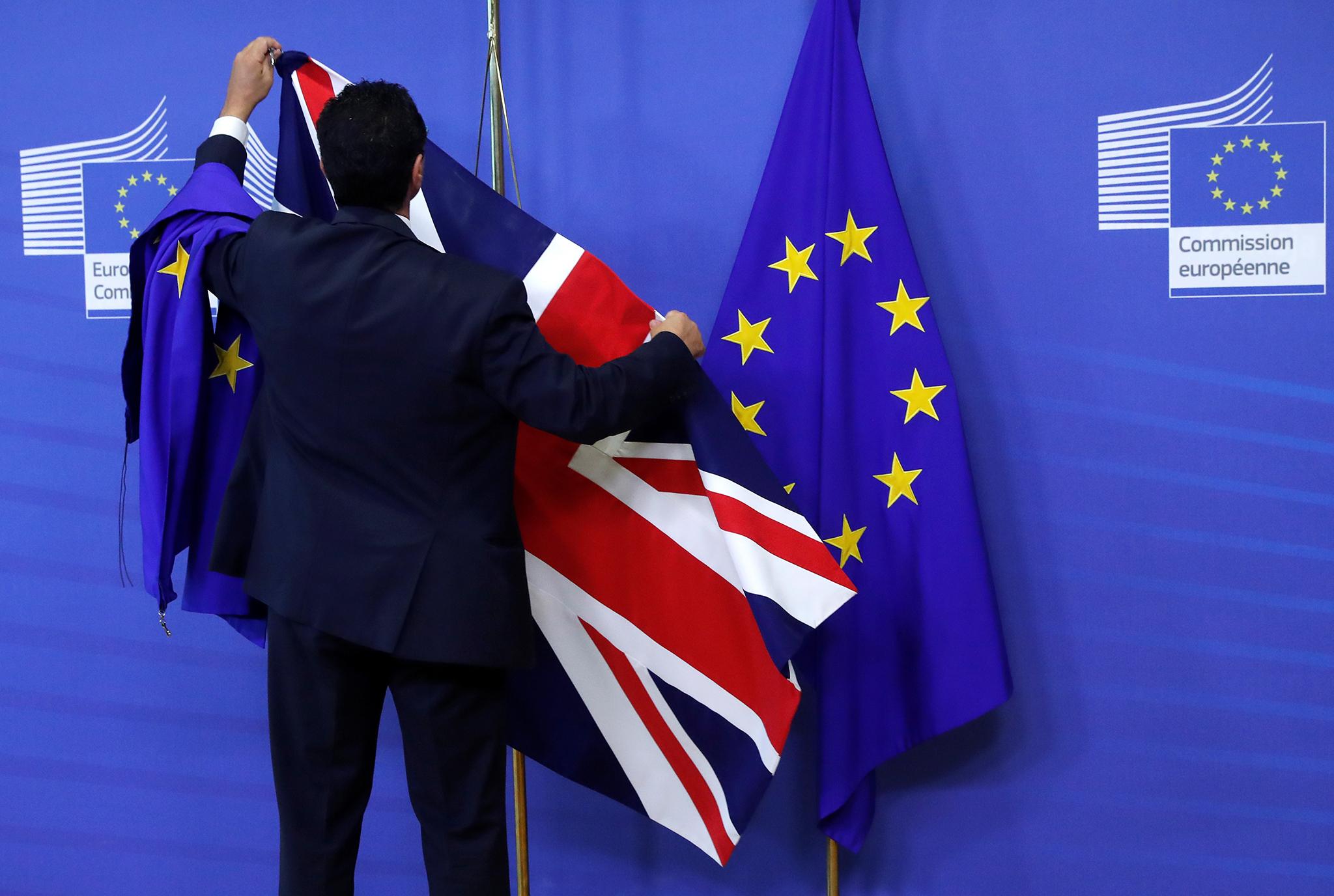Brexit still might not happen, City economists predict
Morgan Stanley forecasters still see a 'modest' chance that the UK performs a u-turn on Brexit

Experts at US investment bank Morgan Stanley think that there is still a slim chance that Brexit won’t happen.
In a lengthy research report published this week, economists and strategists at the bank write that the probability of a full u-turn remains small – especially considering “public opinion still in favour of Brexit” – but that there is still a “modest” chance, of around 10 per cent, that the UK stays in the EU.
“Typically, we hear three partially linked arguments (in favour of a reversal),” they write.
The first argument, they explain, relates to the possibility that the Government will not be able to legislate or negotiate a quick, hard Brexit, and so will be forced to pursue a slower, softer exit process.
“Over this longer period, the costs of Brexit in lost growth and influence will become clearer and public opinion will shift to opposing Brexit,” they write.
They add that the third argument, linked to the first two scenarios, is based on the fact that there is “a pro-Europe majority among the politicians which can act to prevent Brexit, once public opinion has turned”.
Overall, however, they say that they still think a reversal is unlikely and cite four reasons. Firstly, they argue that public opinion is unchanged; secondly, they note that the Government’s objective of leaving the EU is unchanged; thirdly, major parties are still committed to Brexit in one way or another; and finally, Article 50 has been triggered meaning that the default is that the UK is forced out of the EU in March 2019.
“A reversal of this decision would require a sea-change in UK public opinion and UK politics before the process has become irreversible,” they write.
“We think in practice this means Brexit reversal would have to happen before the UK leaves the single market and customs union, since once out […] the UK would lose its current advantaged terms of membership, with opt-outs on the euro, Schengen and the rebate, which would then make a return to EU membership less attractive,” they write.
Separately, they note that the UK would likely have to offer some further concessions to other EU members, such as a higher net financial contribution, to persuade them to accept the UK back as a member.
“We think that a Labour government provides the most plausible route to a Brexit reversal, since it does not have the ideological commitment to sovereignty that many Conservatives have and party policy aspires to a Brexit that "protects jobs and investment" rather than a 'sovereignty-first' Brexit,” they write. “However, although most Labour MPs and supporters favour close ties with Europe, official Labour policy is also ultimately in favour of ending free movement of labour and of leaving the EU."
The lengthy research report also predicts that, while the current Government will likely remain in place this year, it will fall in 2018.
“This year, we think that the government makes enough concessions to allow the talks to progress, and the government holds together since the outcome of the talks is still open and Labour are ahead in the polls. Next year, however, we think that the government is likely to fall.
“We expect the EU to offer a choice between a close relationship in which the UK can participate in the single market and customs union but will be bound by the EU rules of the game, and an arm's length relationship in the UK, in which the UK achieves full sovereignty over borders, courts and laws, but does not participate in the single market and the customs union.
“We think this choice splits the Cabinet and the Conservative party and will lead to a loss of a vote of no confidence in parliament, triggering early elections. In turn, we expect the associated political instability to drive weaker consumption and investment, and push growth to a standstill, leading the [Bank of England] to consider – but in the end decide against – easing policy to support growth,” they write.
Subscribe to Independent Premium to bookmark this article
Want to bookmark your favourite articles and stories to read or reference later? Start your Independent Premium subscription today.

Join our commenting forum
Join thought-provoking conversations, follow other Independent readers and see their replies